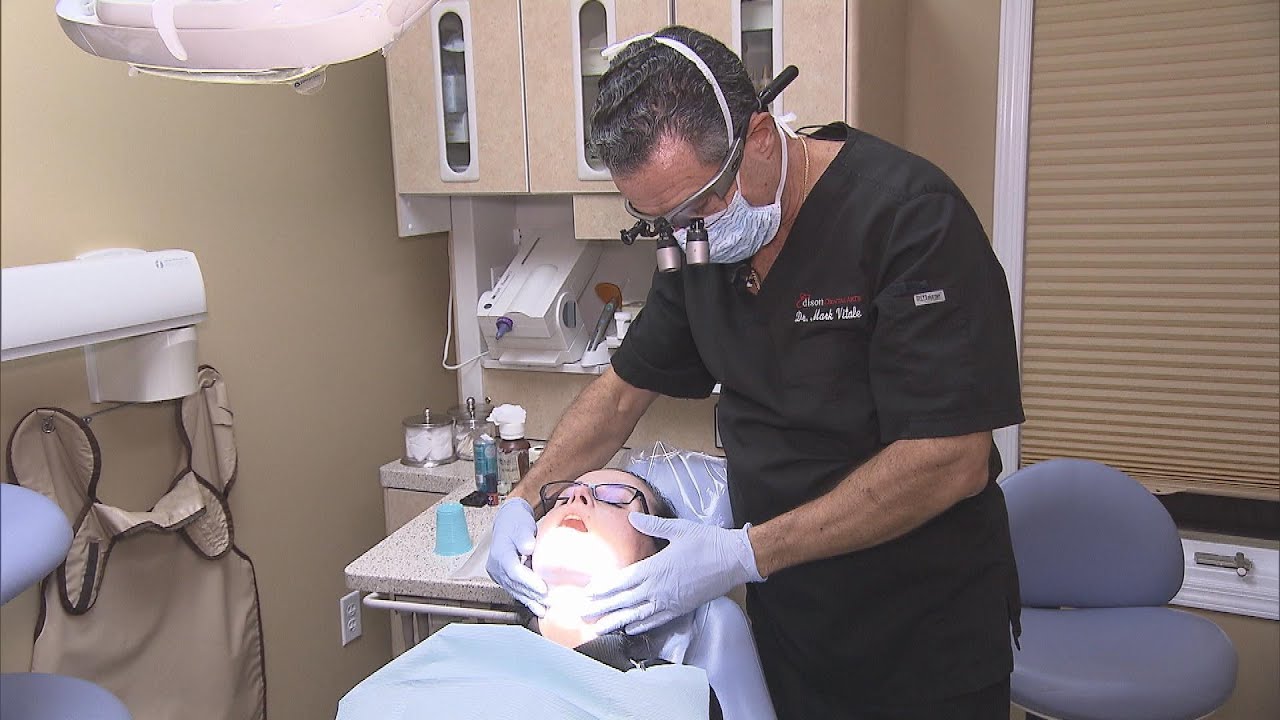Immediately following a tooth extraction, you will need to know how to sleep after the procedure. You should avoid sleeping on your side, as this increases the risk of bleeding. Additionally, avoid sleeping with your head elevated as this could dislodge a blood clot. Be sure to take prescribed medications.
Avoiding sleeping on your side can increase bleeding risk
People who have had a tooth extraction need to make sure that their head stays elevated when they sleep, so that blood can drain from the extraction site. This will also reduce the risk of new bleeding and swelling at the site of the extraction. To help you with this, you can add a pillow to your bed to help elevate your head. This will also help prevent natural urges to turn over.
Avoiding activities that may dislodge a clot
Avoiding activities that may dislodgment a blood clot after tooth extraction is critical to healing and preventing infection. During the first day after tooth extraction, avoid brushing your teeth, chewing on a straw, or inhaling cigarette smoke. These activities may cause excessive bleeding and delay healing. In addition, smoking can increase your blood pressure and lead to increased bleeding.
One common cause of dry socket is tobacco use. It can bring bacteria to the extraction site and dislodge the protective blood clot. You should also avoid chewing tobacco and smoking after tooth extraction. In addition to dislodging the clot, tobacco use and smoking can also interfere with the healing process surrounding the extraction site.
The first few days after tooth extraction will feel painful, but it will subside. If you experience new pain, contact your dentist or oral surgeon immediately. If the pain is severe, call the emergency room. If you have any type of COVID-19 infection, don’t smoke. Smoking will delay healing and can dislodge the blood clot prematurely.
It is also important to avoid vigorous mouth rinsing after tooth extraction. Instead, use a gentle mouthwash to avoid disturbing the clot. You should also avoid alcohol for 24 hours after the procedure to reduce the risk of bleeding and aid healing.
Sleeping with your head elevated
During the first two days after your tooth extraction, it is crucial to sleep with your head elevated. This helps minimize facial swelling and the likelihood of bleeding. It is also better for the wound to heal when the head is elevated than on its side. If you can, avoid sleeping on leather or suede.
Using extra pillows in bed or in your place of rest is an ideal choice. You can also invest in a comfortable recliner, which keeps your head elevated and allows optimal breathing. This will limit bleeding and swelling, and will also help your body to heal faster. Elevated head positions also make it easier to sleep.
You may feel tempted to sleep on your side or in your recliner, but you should sleep on your back. The side positions can squish your cheeks and force blood back into the area. Also, sleeping on your stomach will cause swelling and discomfort, and it’s not a very comfortable position. Besides, the bed is softer and safer, and the pillows can make you feel comfortable and pampered.
Once you’ve had your tooth extracted, it is important to ensure that you get proper rest. Otherwise, it could cause more damage to your mouth. During the first two nights, you should sleep with your head elevated. This will help your body drain any excess fluid that might be accumulating at the extraction site.
Although gauze is a useful way to keep the surgical site clean, it’s a choking hazard. For this reason, it’s best to avoid sleeping with gauze in your mouth if you are taking a drowsiness medication. Sleeping with your head elevated after tooth extraction will help you get a better night’s sleep and avoid further discomfort.
Taking prescribed medications
If you’re undergoing a dental procedure, you’ll probably take prescribed medication to put yourself to sleep before and after the procedure. However, taking these medications can also cause unwanted side effects. It’s important to talk to your dentist about which medication is best for your particular needs.
For patients who are prone to anxiety and need to undergo a long procedure, you may consider an intravenous sedation. An intravenous sedative is administered directly into the bloodstream, so you’ll feel no discomfort. However, you’ll need to make arrangements for someone to drive you home after the procedure. In more complicated cases, general anesthesia may be needed.
